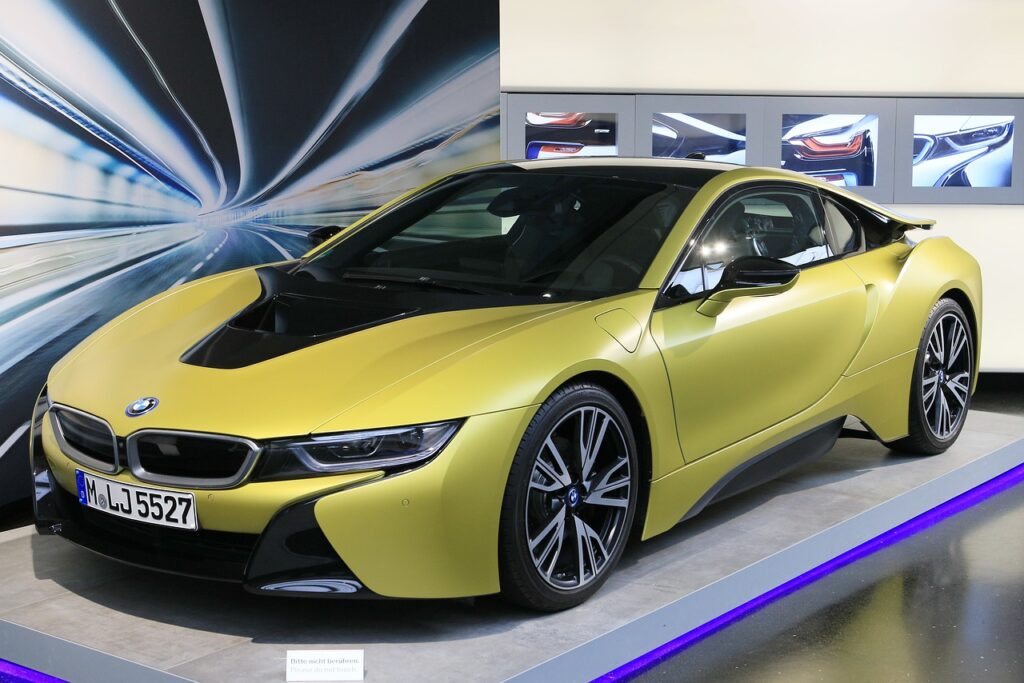
The Future of Electric Vehicles: Advancements and Possibilities
Introduction:
Electric vehicles (EVs) have been gaining popularity around the world as a sustainable alternative to traditional gasoline-powered cars. Finding EV parts & accessories With advancements in technology and increasing environmental awareness, the future of EVs looks promising. In this blog post, we will explore the potential and possibilities that lie ahead in the world of electric vehicles.
- Advancements in Battery Technology:
Battery technology is a crucial factor in the success and wide adoption of electric vehicles. Currently, lithium-ion batteries are the most common type used in EVs. However, research and development in battery technology are constantly pushing the boundaries, aiming for superior performance, longer range, shorter charging times, and reduced costs.
One promising technology is solid-state batteries, which replace the liquid electrolyte in lithium-ion batteries with a solid material. These batteries offer higher energy density, longer lifespan, and increased safety. Moreover, advancements in nanotechnology may lead to batteries with even higher energy storage capacity, promising a future where EVs can travel longer distances without the need for frequent recharging.
- Infrastructure Development:
One of the significant challenges for the widespread adoption of EVs is the availability of charging infrastructure. To overcome this hurdle, governments and private organizations have been investing in the development of a robust charging network.
Rapid charging stations, also known as fast-charging or supercharging stations, are becoming more common. These stations can charge an EV in a matter of minutes instead of hours, making long-distance travel a feasible option for electric vehicles. Additionally, wireless charging technologies are being researched, aiming to simplify the charging process by eliminating the need for physical connectors.
- Autonomous Driving:
The integration of electric vehicles with autonomous driving technology holds great promise for the future. Autonomous driving systems can optimize energy efficiency, reduce congestion, and increase road safety.
By combining electric propulsion and self-driving capabilities, the future of transportation could see shared autonomous electric vehicles, revolutionizing the concept of car ownership. Such a system would not only reduce traffic and emissions but also decrease the demand for parking spaces in cities.
- Environmental and Health Benefits:
Electric vehicles contribute significantly to reducing greenhouse gas emissions and air pollution. As the world shifts towards renewable energy sources, the environmental impact of electric vehicles becomes even more significant.
With the increasing popularity of solar, wind, and other renewable energy sources, EV owners have the opportunity to charge their vehicles using clean energy, further reducing their carbon footprint. Moreover, the elimination of tailpipe emissions from EVs not only improve air quality but also have a positive impact on public health by reducing respiratory diseases caused by pollution.
Conclusion:
The future of electric vehicles looks bright, with continuous advancements in battery technology, the development of charging infrastructure, the integration of autonomous driving systems, and the environmental benefits they offer. As these technologies mature and become more accessible, we can expect electric vehicles to become the norm, contributing towards a greener and more sustainable future.
So, it’s safe to say that the era of electric vehicles is here to stay, and the possibilities for their future growth and domination in the automotive industry appear endless. It is an exciting time for the automotive industry and consumers alike, as we witness the transformation and progress towards a cleaner and more sustainable future.


Nor again is there anyone who loves or pursues or desires to obtain pain of itself, because it is pain, but because occasionally circumstances occur in which toil and pain can procure him some great pleasure. To take a trivial example, which of us ever undertakes laborious physical exercise, except to obtain some advantage from it? But who has any right to find fault with a man who chooses to enjoy a pleasure that has no annoying consequences, or one who avoids a pain that produces no resultant pleasure




